What are the best books to read to become a better learner? (Aside from my book, of course.) I get asked this question a lot, though most of my recent reading lists have been more academic and somewhat removed from immediate applications.
Today, I’d like to change that and share a list of some of my favorite approachable and actionable books on learning. Here’s ten I highly recommend.
1. How to Become a Straight-A Student by Cal Newport
Although famous for Deep Work, Cal’s early books were aimed at students (that’s how we met). Straight-A is easily the best of Cal’s student-oriented trilogy. Cal derived the content and strategies he recommends from his interviews with relaxed, high-achieving students. He offers concrete, practical advice for getting through college without burning out.
Other great books by Cal Newport:
2. A Mind for Numbers by Barbara Oakley
Barbara Oakley has a number of excellent books on learning. Her free course, Learning How to Learn, co-instructed with pioneering cognitive scientist Terrence Sejnowksi, is an excellent resource.
In A Mind for Numbers, Oakley shares how to tackle difficult quantitative subjects—even if you’ve struggled with math in the past. Oakley speaks from experience, having gone from a self-described “language person” to getting a PhD in engineering.
Other great books by Barbara Oakley:
3. How We Learn by Stanislas Dehaene
This book is an engaging tour through the science of learning led by one of the world’s leading cognitive neuroscientists. Dehaene elegantly links research on how we learn to the science of how the brain works.
Other great books by Stanislas Dehaene:
4. Why Don’t Students Like School? by Daniel Willingham
Daniel Willingham is one of my favorite educational psychologists who writes for a mass audience. This book argues for the importance of background knowledge, the crucial role attention plays in memory, and how cognition changes as we become more proficient.
Other great books by Daniel Willingham:
5. Make it Stick by Peter Brown, Henry Roediger and Mark McDaniel
I confess I haven’t read this book in its entirety. But I have few qualms about recommending it because I’ve greatly benefited from Roediger’s academic work.
Retrieval practice, spacing, interleaving and other interventions improve learning, but—and this is key—we tend to be unaware of it. There is value in understanding and deploying these studying strategies precisely because they defy our intuitions.
6. The Power of Explicit Teaching and Direct Instruction by Greg Ashman
I’ve shared John Sweller’s Cognitive Load Theory on this blog before. Ashman, a disciple of Sweller’s, has written a powerful book explaining why cognitive load is central to learning how to learn.
Although the primary audience for this book is teachers, I found it very interesting as a learner. While Ashman’s advice—that teachers should fully and thoroughly teach their subjects—don’t sound surprising, it’s an important message because of the alternative theories it rejects. This book is a must-read if you’ve ever struggled with teaching or learning.
7. Peak by Anders Ericsson and Robert Pool
Anders Ericsson’s work is perhaps best known from Malcolm Gladwell’s book Outliers, or Geoffrey Colvin’s Talent is Overrated. Deliberate practice has become a buzzword in many circles, but this buzz has also created considerable misconceptions.
In this book, Ericsson works to set the record straight, arguing both for what deliberate practice is and what it isn’t. Ericsson argues that much of the prowess we see in elite performers is due to huge quantities of this specific kind of practice rather than talent alone.
8. How We Learn to Move by Rob Gray
Movement skills have been a gap in my writing on learning. Gray’s book is a highly-readable summary that highlights some interesting research on how we might learn motor skills better.
Gray argues that a staple of training–repetitive practice in highly constrained conditions to get the “right” movement is not only frequently unhelpful, it isn’t even possible to train a perfectly repetitive movement. Gray argues against the orange training pylon approach to movement skills, instead arguing we can induce new motor patterns better through adjusting constraints that allow for dynamic skills.
9. How to Take Smart Notes by Sönke Ahrens
Zettelkasten systems, which allow you to organize notes for your studies, research or creative work, are all the rage these days. I’ve interviewed Tiago Forte for his book, which covers a similar topic.
Ahrens’s book is a helpful guide to zettelkasten as it’s a bit more nitty-gritty in the implementation details. If you want to know how to organize the things you learn, this book is a great place to start.
10. Moonwalking with Einstein by Joshua Foer
Joshua Foer dives into the strange world of super-memorizers. Using mnemonic systems, these people can memorize decks of cards, random digits or entire poems perfectly in around the same time it takes you or I to read them. Foer’s mixture of psychological science and first-person experience was a major inspiration when I wrote Ultralearning.
I tend to find mnemonics less helpful for studying than they are often hyped to be. From a practical perspective, I’d recommend Straight-A or Make it Stick above this book. But for a well-written tale to get you inspired to learn better, few books do it better.
Books for Learning Specific Subjects
In addition to these more general learning how to learn books, there are a few specific ones I’ve found helpful:
- Drawing on the Right Side of the Brain by Betty Edwards. Setting aside the dubious neuroscience, this book will change how you think about drawing. Highly recommended if you struggle with more than stick figures.
- Fluent Forever by Gabriel Wyner and Fluent in 3 Months by Benny Lewis offer two perspectives on language learning. I’ve long been friends with Benny Lewis, and his efforts inspired my own language-learning journeys. Wyner’s approach is also great.
- Learning Medicine: An Evidence-Based Guide. My go-to recommendation for med students.
- Math, Better Explained. My good friend, Kalid Azad, offers a guide to thinking about math in ways that make better sense.
Of course, you can also check out my book, Ultralearning, for my thoughts on the subject!


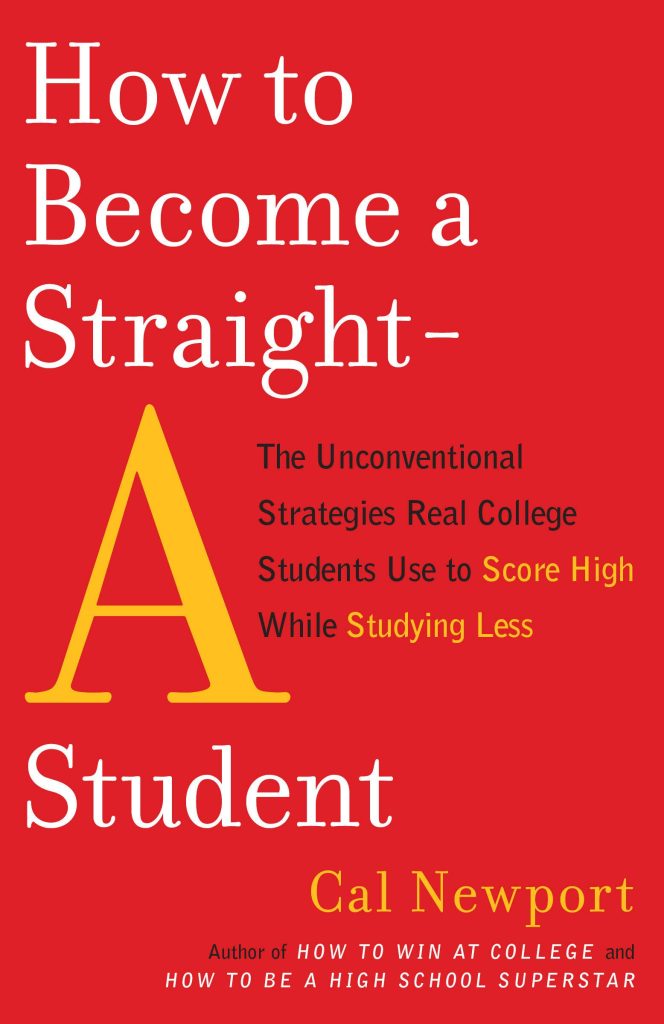
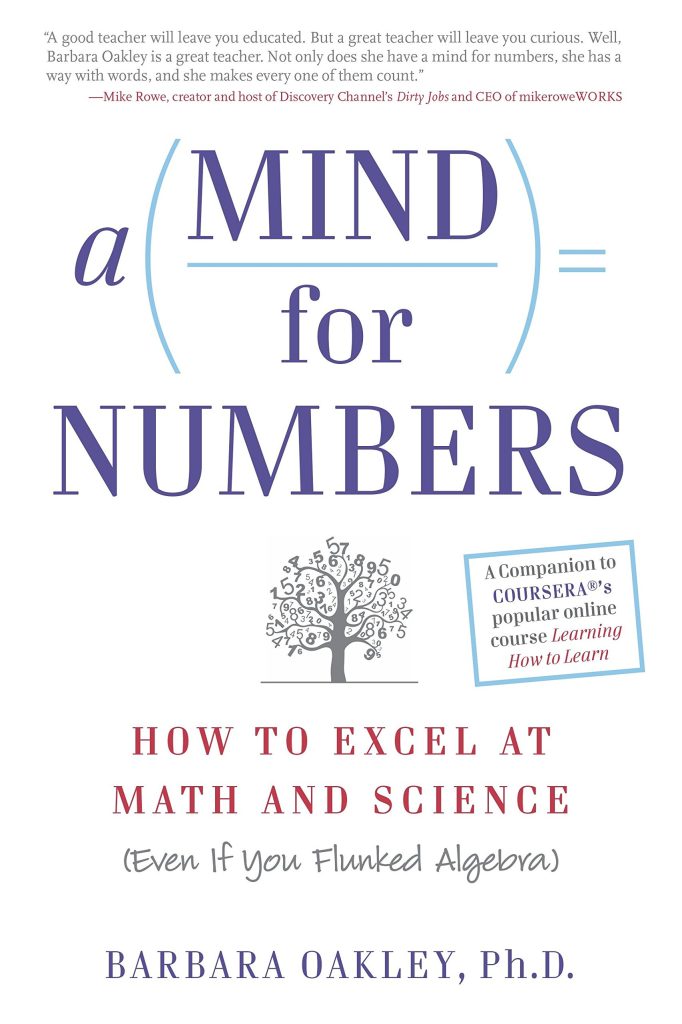
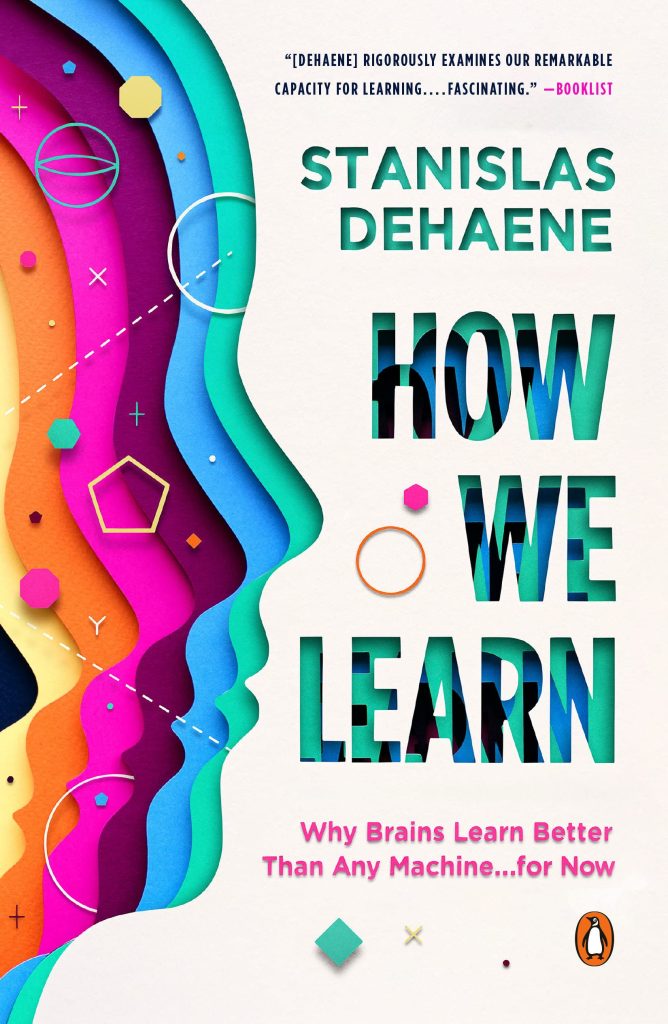
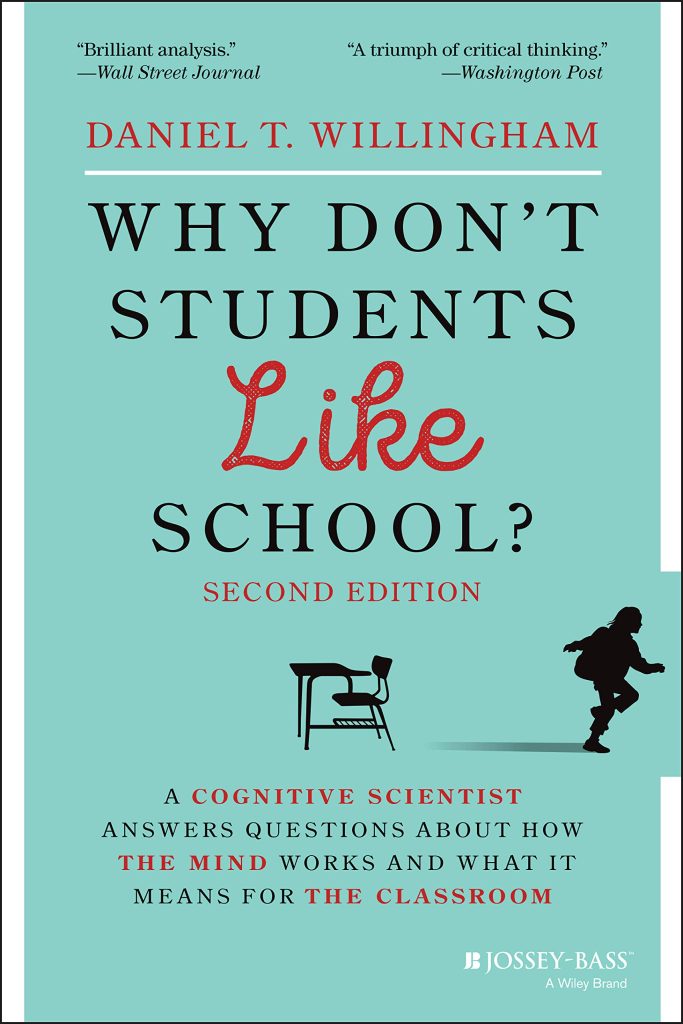
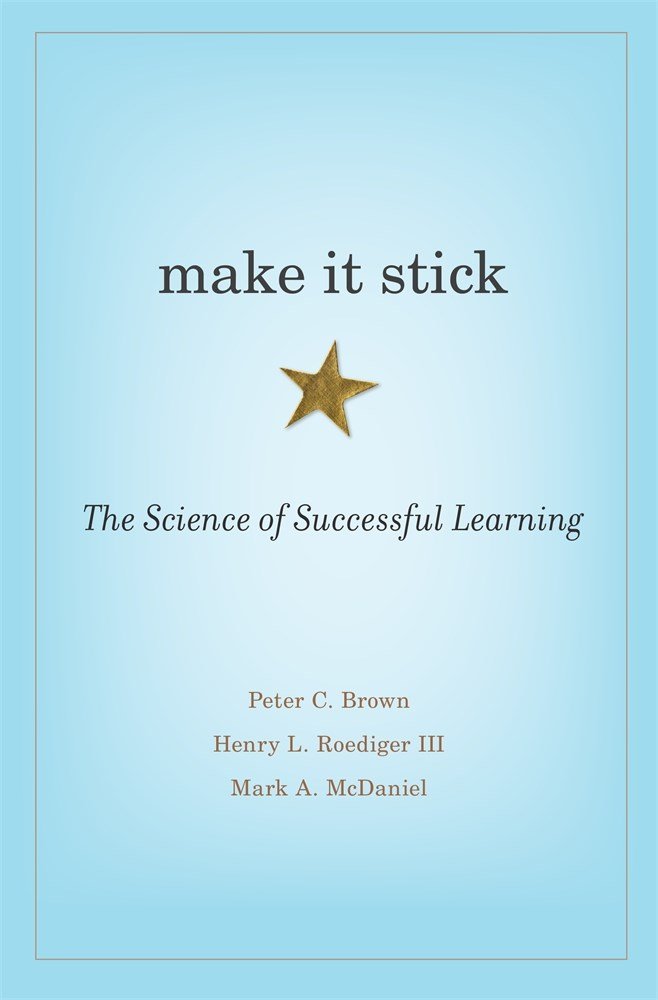
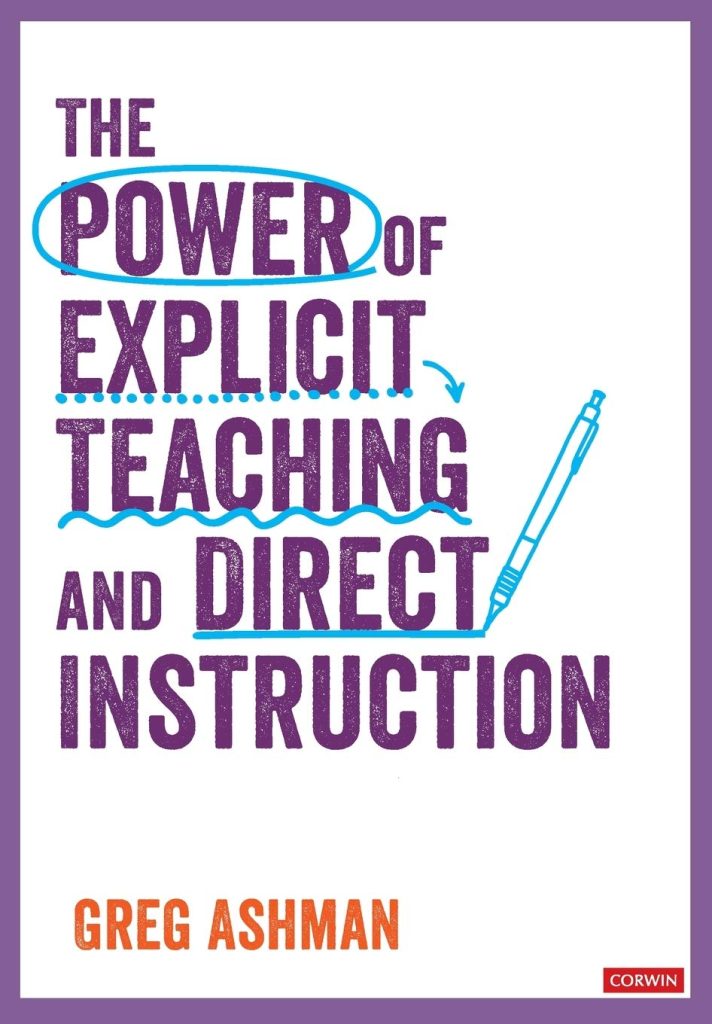
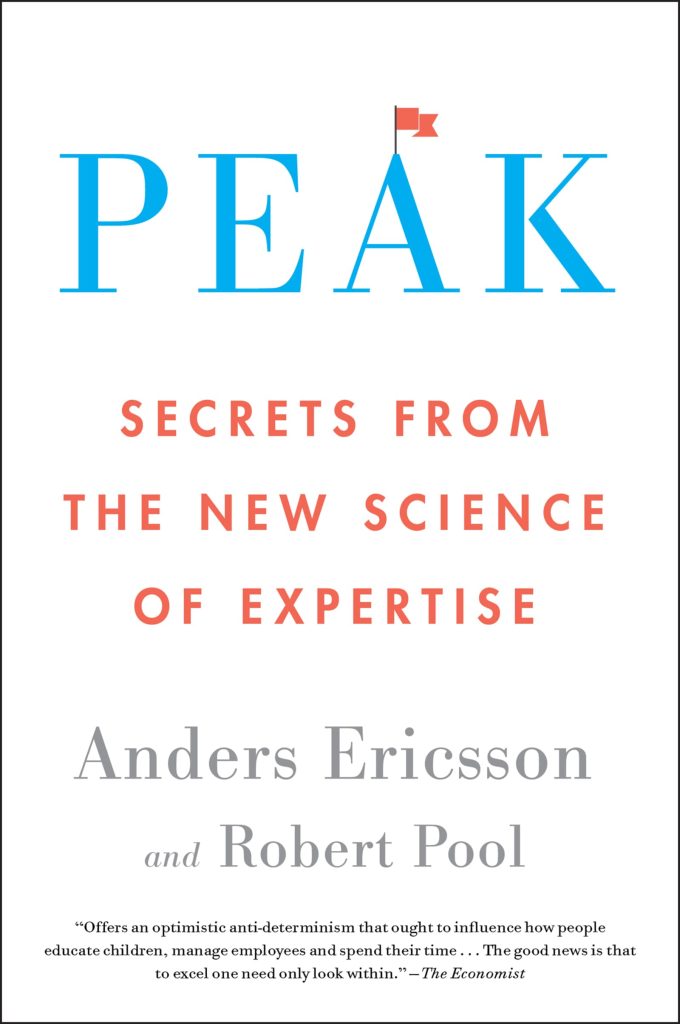
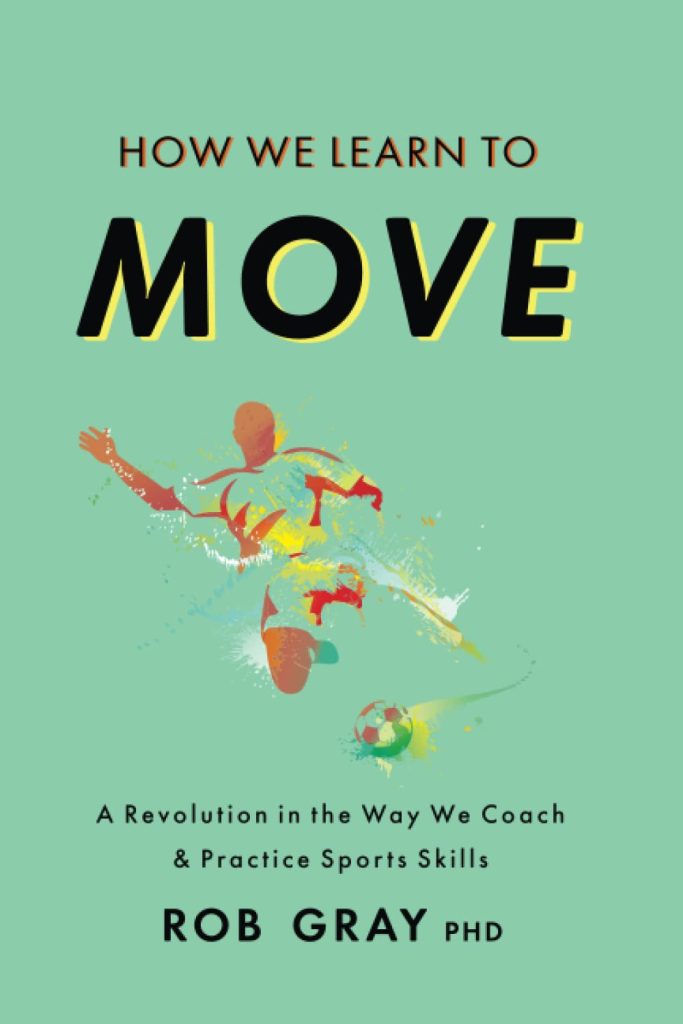
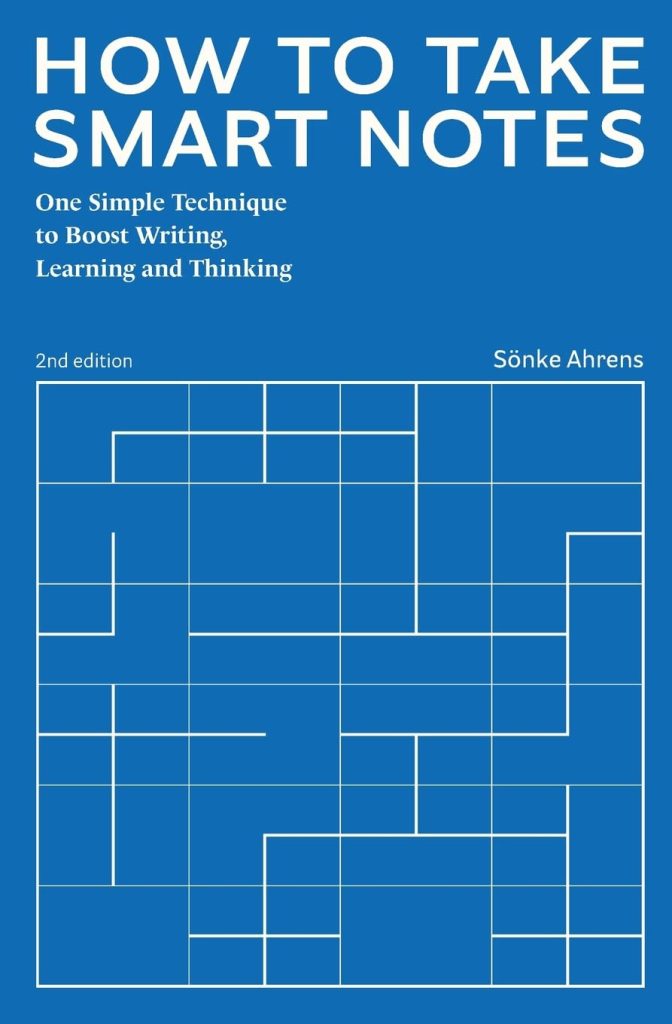
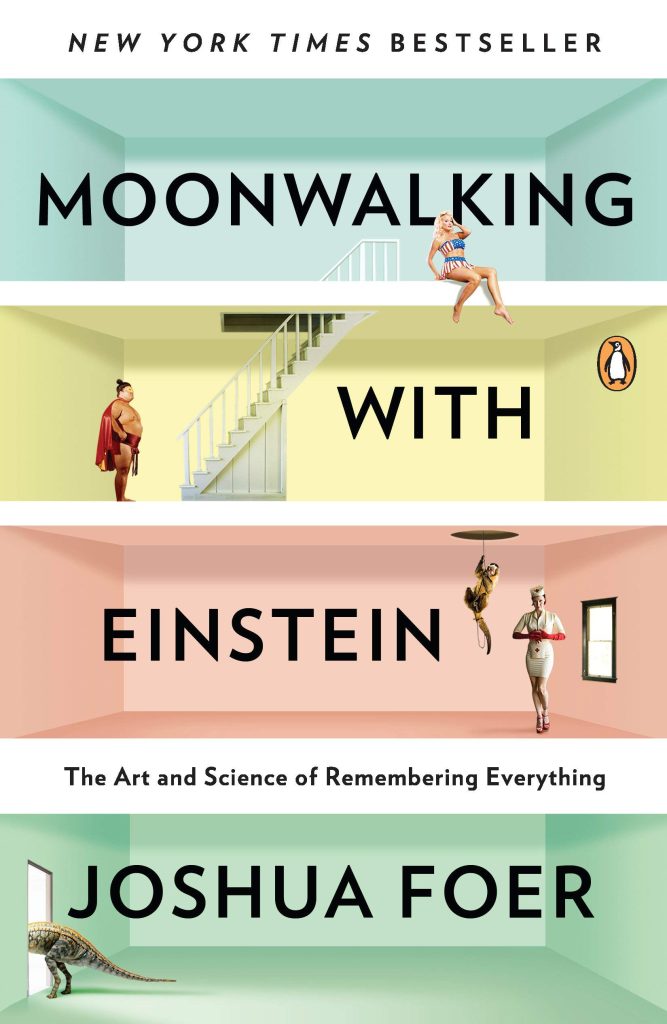
 I'm a Wall Street Journal bestselling author, podcast host, computer programmer and an avid reader. Since 2006, I've published weekly essays on this website to help people like you learn and think better. My work has been featured in The New York Times, BBC, TEDx, Pocket, Business Insider and more. I don't promise I have all the answers, just a place to start.
I'm a Wall Street Journal bestselling author, podcast host, computer programmer and an avid reader. Since 2006, I've published weekly essays on this website to help people like you learn and think better. My work has been featured in The New York Times, BBC, TEDx, Pocket, Business Insider and more. I don't promise I have all the answers, just a place to start.